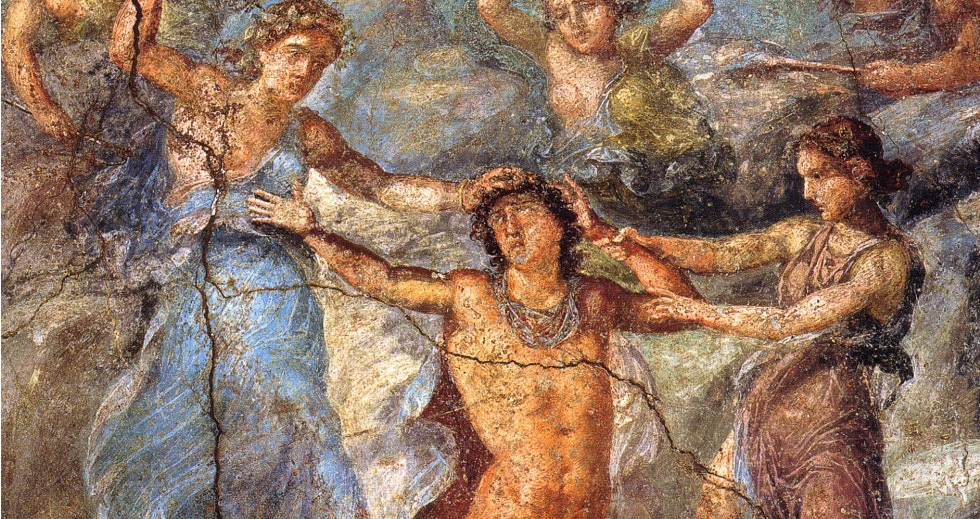Wednesday
How will this blog fare after I retire in June? Well, I’ll have more time to devote to these posts. That’s to the good. Unfortunately, I will lose the new insights that my students provide. I was reminded of that while reading the latest batch of student essays.
Take, for instance, how Nico Bonetta-Misteli’s Bacchae essay is opening my eyes to the playwright’s interactions with Athens . Nico, a history major, interprets the play as Euripides’s critiquing the autocrats who hijacked Athenian democracy and helped run the city state into the ground. Euripides, in exile at the time, wrote in bitterness.
Such a reading makes Bacchae particularly timely as we watch the rise of authoritarianism in American politics. Be careful of individuals who claim to have all the answers.
Arrogant and intolerant, Pentheus may be modeled on the brilliant but unstable general Alcibiades. The king insists on absolute control, even as older and wiser figures urge for more tolerance. Nico speculated that seer Teiresias and Pentheus’s grandfather Cadmus resemble Athens’ elder citizen, wise but ridiculous in their impotence. Teiresias speaks truth to power as he strives to save the state:
Do not mistake the rule of force
for true power. Men are not shaped by force.
Nor should you boast of wisdom, when everyone but you
can see how sick your thoughts are.
And:
For you are sick,
possessed by madness so perverse, no drug can cure,
no madness can undo.
Cadmus is more conciliatory but neither man’s advice has any more effect than, say, such advice is having on America’s current president.
Nico sees the Bacchae as stand-ins for Athens’ male citizens and Dionysus as human nature. When autocrats tighten the screws too much, treating men like women, they invite rebellion. The suspense builds as Pentheus ignores one warning signal after another. In the end he is torn apart by his own family, whose nature has been driven to madness by the king’s oppressive measures. It is a fate that Euripides predicts for Athens.
The Bacchae was published posthumously, perhaps because it was too volatile to be staged while Euripides was still alive. Internal dissension helped insure Athens’ final defeat the following year.


